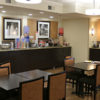Back in the 1960s, Henry S. Levy and Sons embarked on what is now considered to be a legendary and iconic advertising campaign for its real Jewish rye bread with caraway seeds, a thick crust, and dense texture: You don’t have to be Jewish to love Levy’s real Jewish Rye, with each advertisement displaying a photograph of someone — who is meant to obviously appear not be Jewish — enjoying a sandwich using the rye bread…
How To Know If Packaged Food is Kosher
…and you don’t have to be Jewish to enjoy Kosher food — but whether you are at home or traveling, how do you know if packaged food is Kosher?

The answer is a little symbol found on the package, which is called a hechsher and is granted by a Kosher certification agency — similar to a trademark that the product is indeed Kosher.
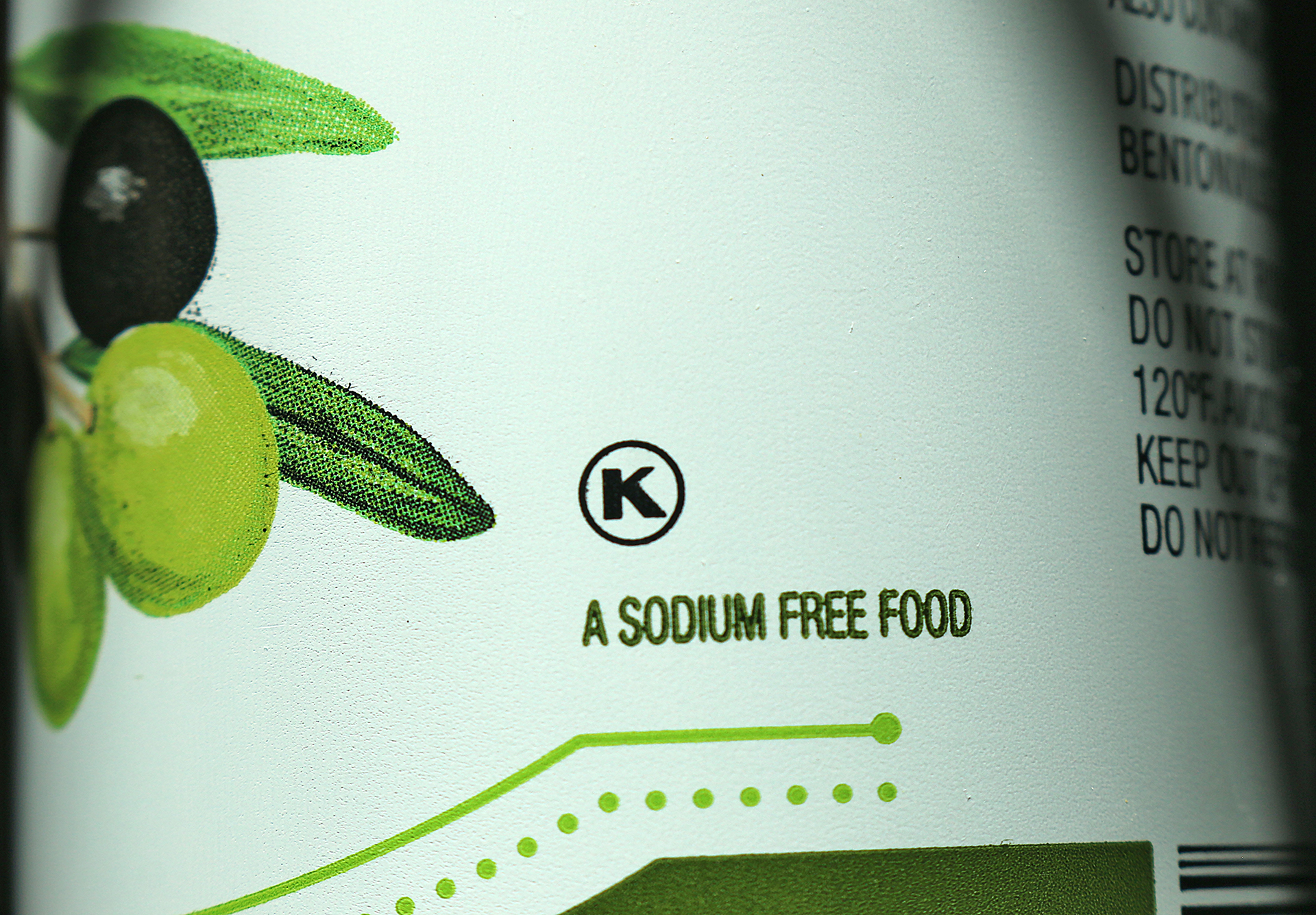
Although greater than 1,100 hechshers exist around the world, five of the most widely recognized hechshers — which comprise greater than 80 percent of Kosher food that is sold in the United States — are the ones which are granted from the following Kosher certification agencies:
- Orthodox Union Kosher
- Organized Kashrut Laboratories
- KOF-K Kosher Certification
- STAR-K
- Chicago Rabbinical Council
There’s a reason that kosher is the #1 claim on food packaging. By far, kosher certified products represent the fastest-growing food and beverage sector worldwide. It’s valued at $19.1 billion in 2018, and is projected to reach $25.6 billion by 2026. And placed side-by-side on the shelf, kosher products sell 20% better than competing non-kosher brands.
Additional information is provided by Allied Market Research, from which some of the aforementioned data was extracted.
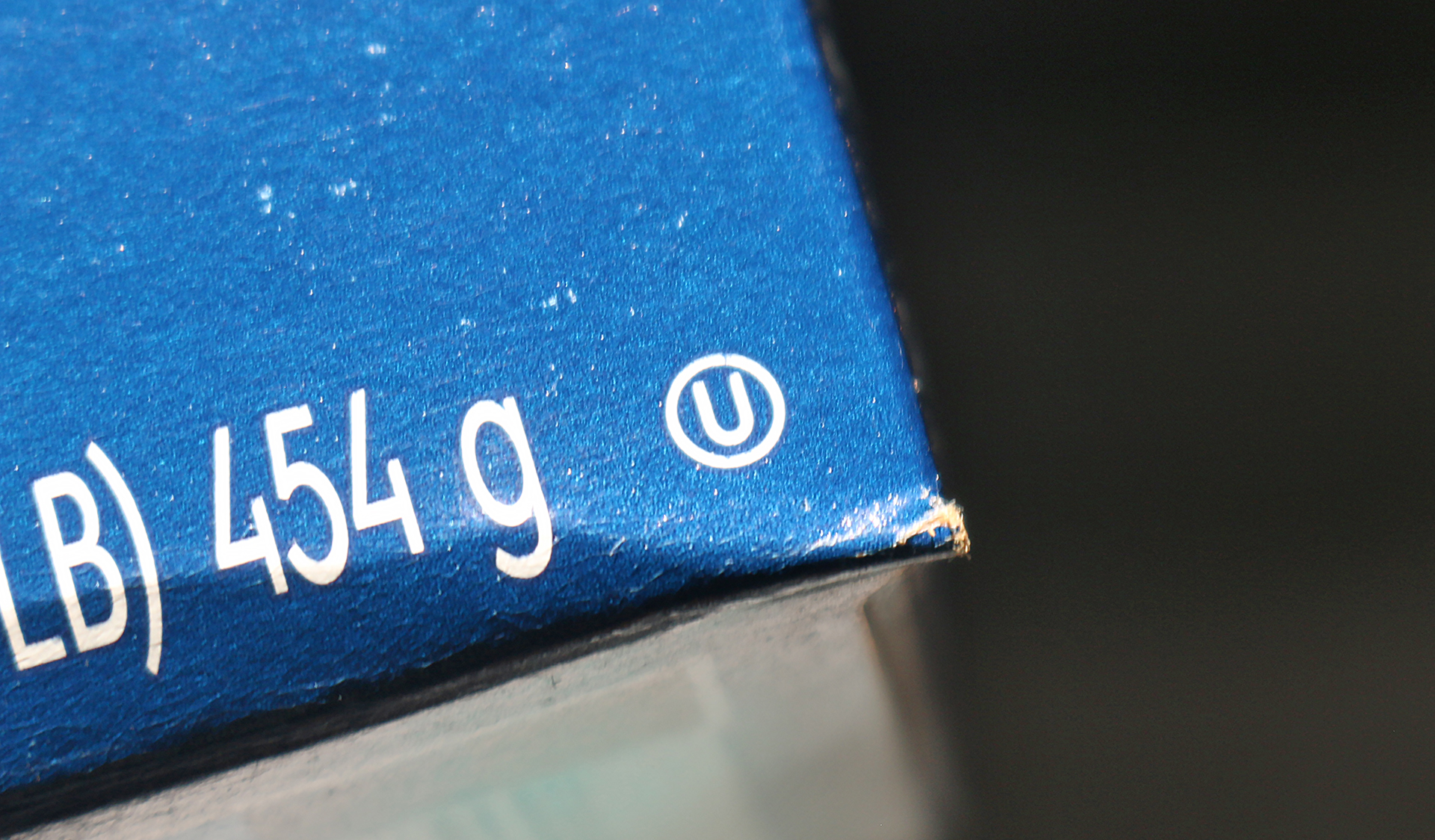
The hechsher can be found in various areas on a package — usually in an inconspicuous place — and assures the consumer that the product inside of the package complies with the required standards of the dietary laws of Judaism known as Kashrut.
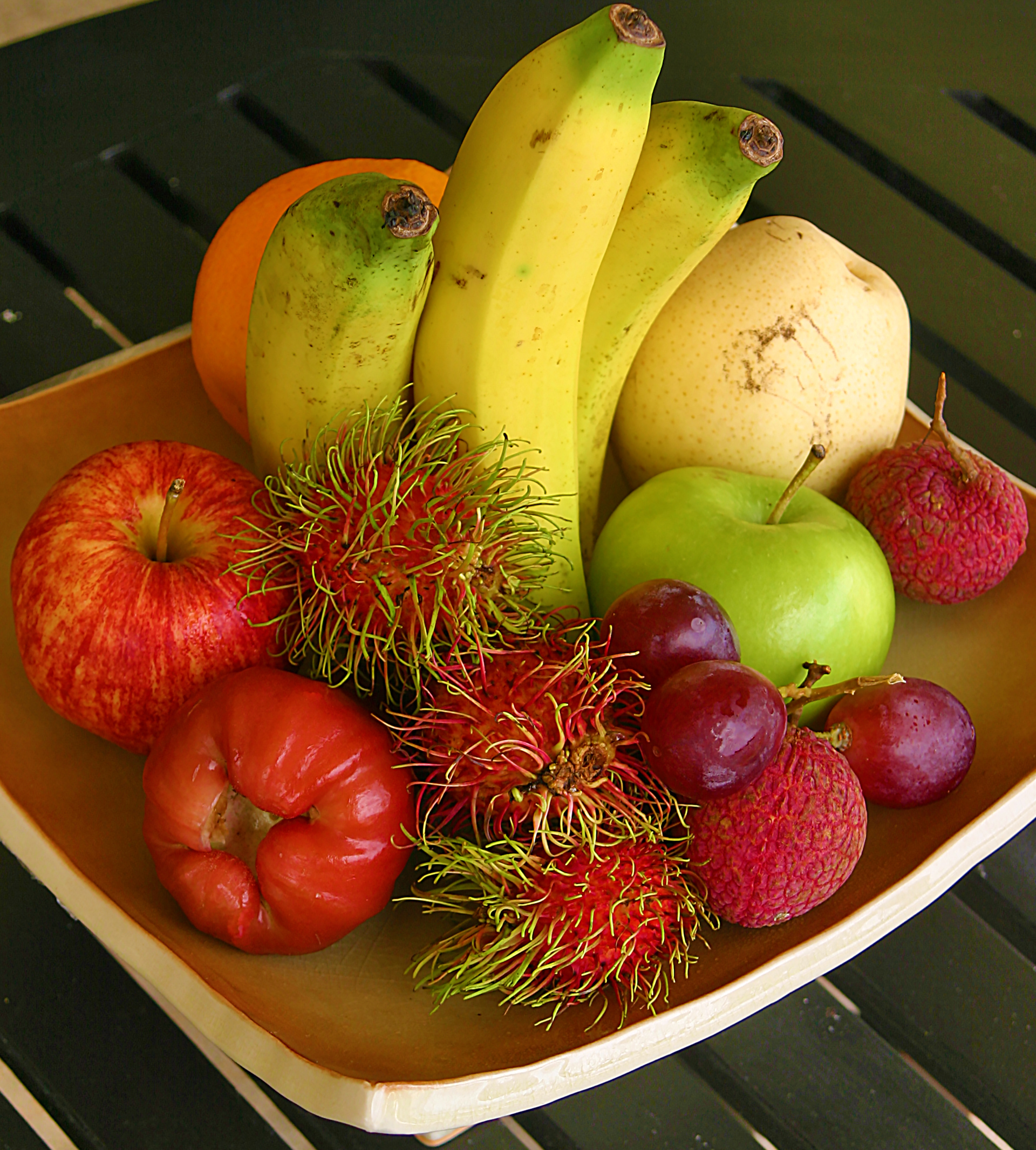
Generally, fresh fruits, fresh vegetables, and fresh grains are automatically Kosher when they are natural and not processed in any way, which means that they do not need to be certified as Kosher — as long as no visible insects are present on the food. They are also automatically considered pareve, which means that they can be consumed with either dairy products or meat products.
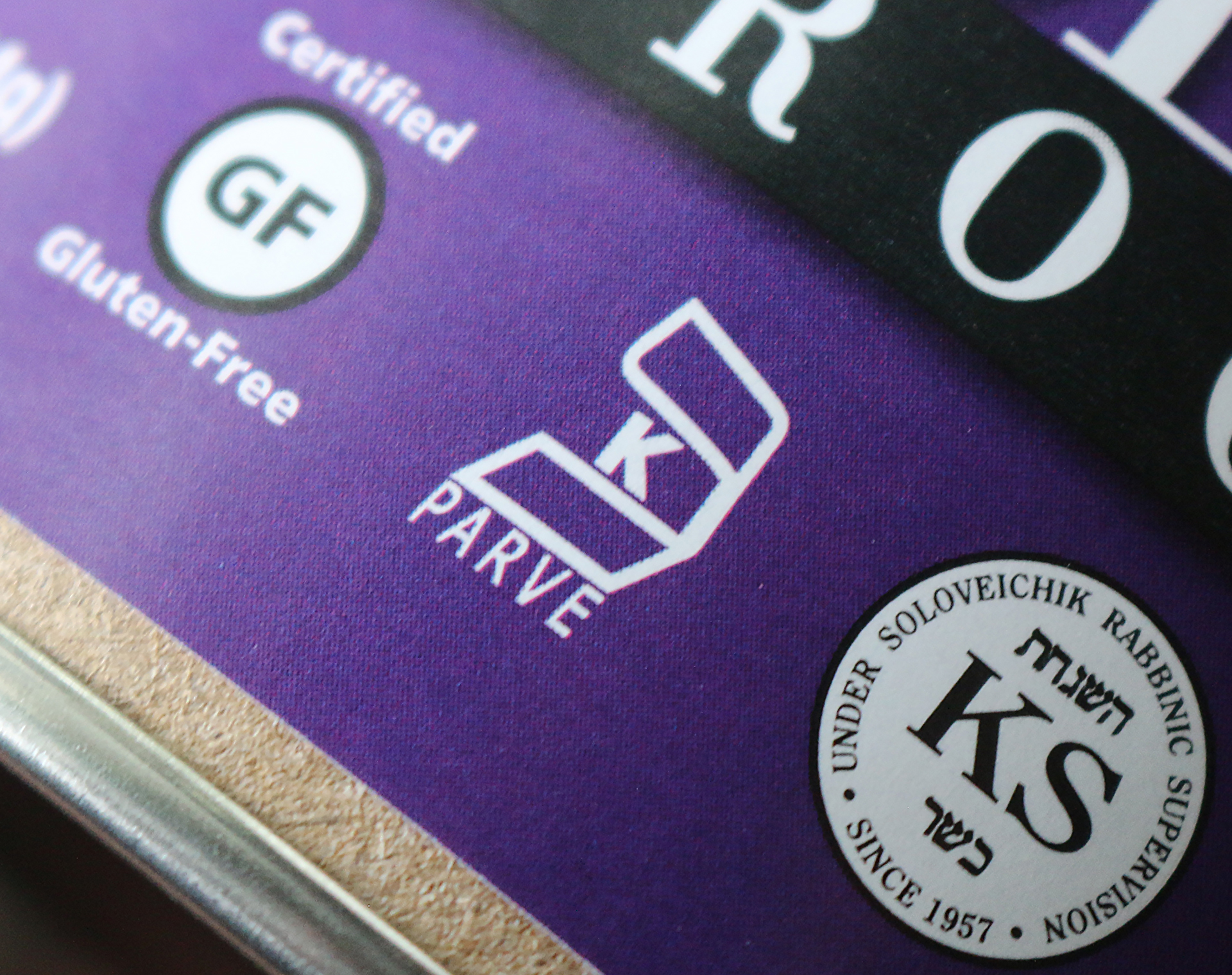
Dairy products and meat products cannot be eaten together — such as a cheeseburger, even if the beef and cheese are both Kosher — according to the laws of Kashrut. If any food which requires certification to be considered Kosher can be eaten with dairy products or meat products, they will often have the word parve or pareve or the capital letter P either to the right of the hechsher or underneath the hechsher.
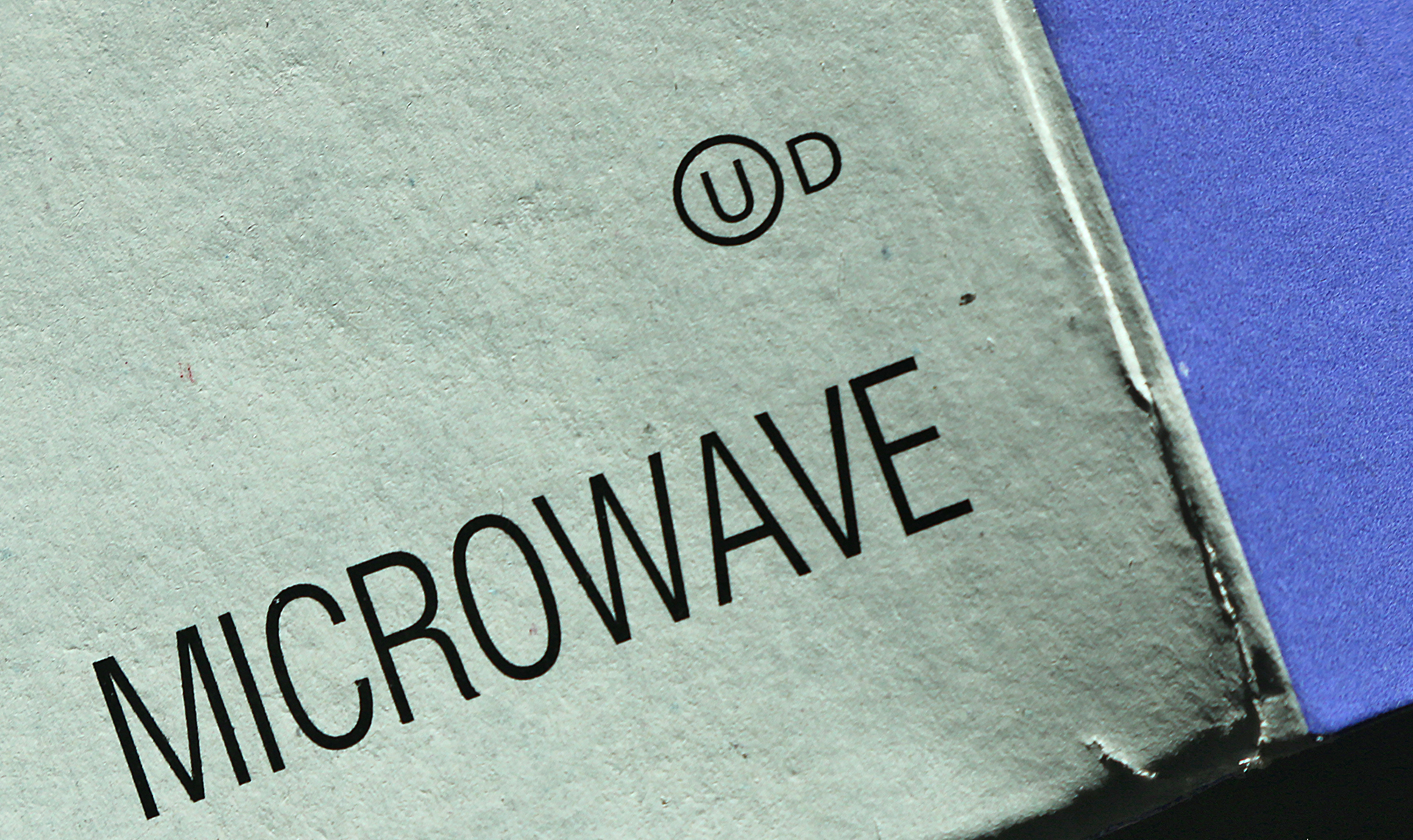
If any food which requires certification to be considered Kosher can be eaten with only dairy products and not with meat products, they will often have the capital letter D to the right of the hechsher.
Final Boarding Call
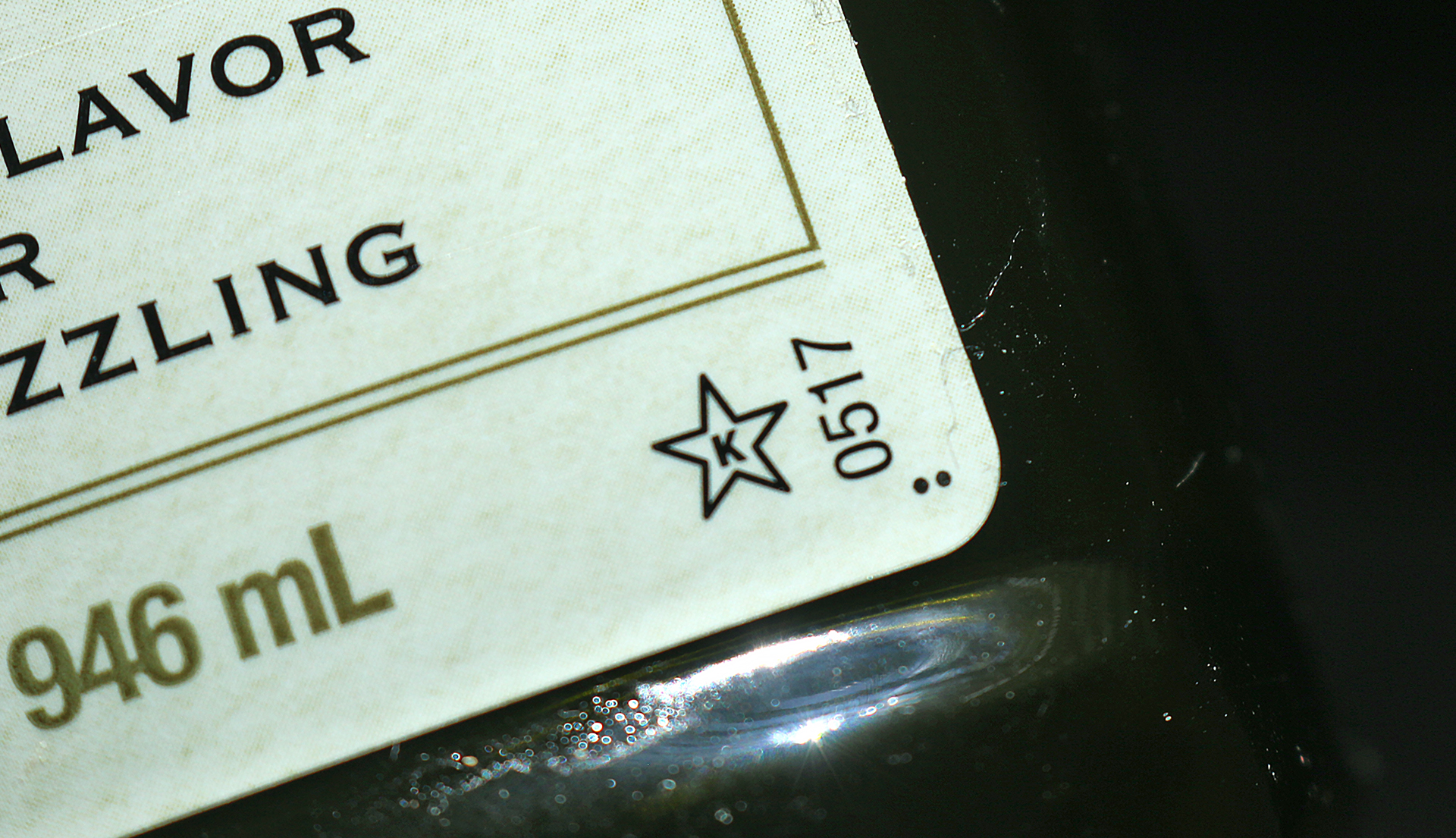
Kosher foods are prepared in accordance with the strict dietary laws of Judaism — a Mashgiach supervises the process of ensuring that an establishment follows and complies with the laws of Kashrut, which determines the dietary laws in Judaism and from where the word Kosher comes — and only when they meet those standards are they approved and certified with permission to sport an official hechsher on the package.
Substantially more information is available as to what comprises the laws of Kashrut — but the purpose of this article is simply to point out how to tell if packaged food is considered Kosher.
Many people who are not Jewish trust Kosher food — as well as Halal food — to meet their dietary needs because they are subject to stricter requirements in addition to the ones government agencies impose on food companies to ensure that food is processed to certain standards for the purpose of safety.
My experience over the years suggests that few people who are not Jewish know about the hechshers on packaged food; so I thought that this article would be helpful for anyone who wants to know whether a particular food product which is packaged is indeed considered Kosher with one quick look.
The hechsher system is not completely foolproof, however: KOF-K Kosher Certification sued JetBlue Airways Corporation in the United States District Court for the District of New Jersey on Thursday, June 23, 2022 with the allegation that the airline unlawfully used its trademarks to advertise food which it had not certified.
As for Levy’s real Jewish rye bread, it is still available — although it is currently owned by Arnold Bread, which is a division of a bakery conglomerate based in Mexico called Grupo Bimbo.
All photographs ©2009 and ©2022 by Brian Cohen.
